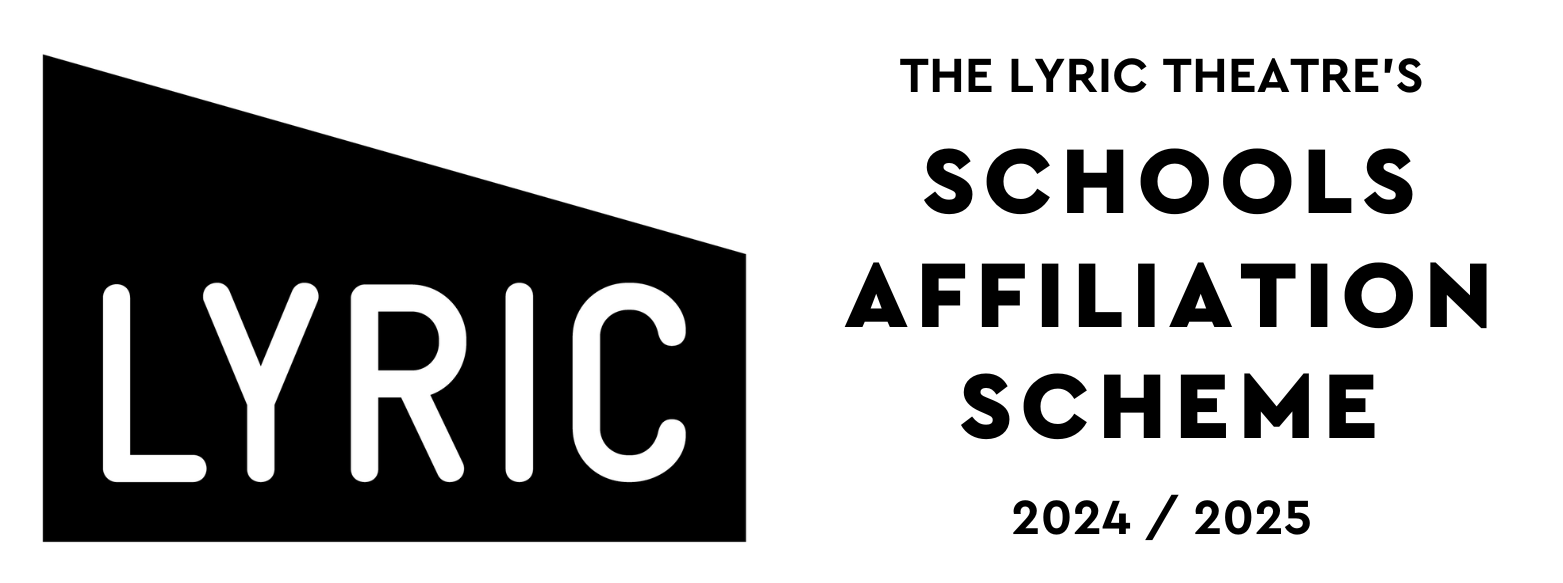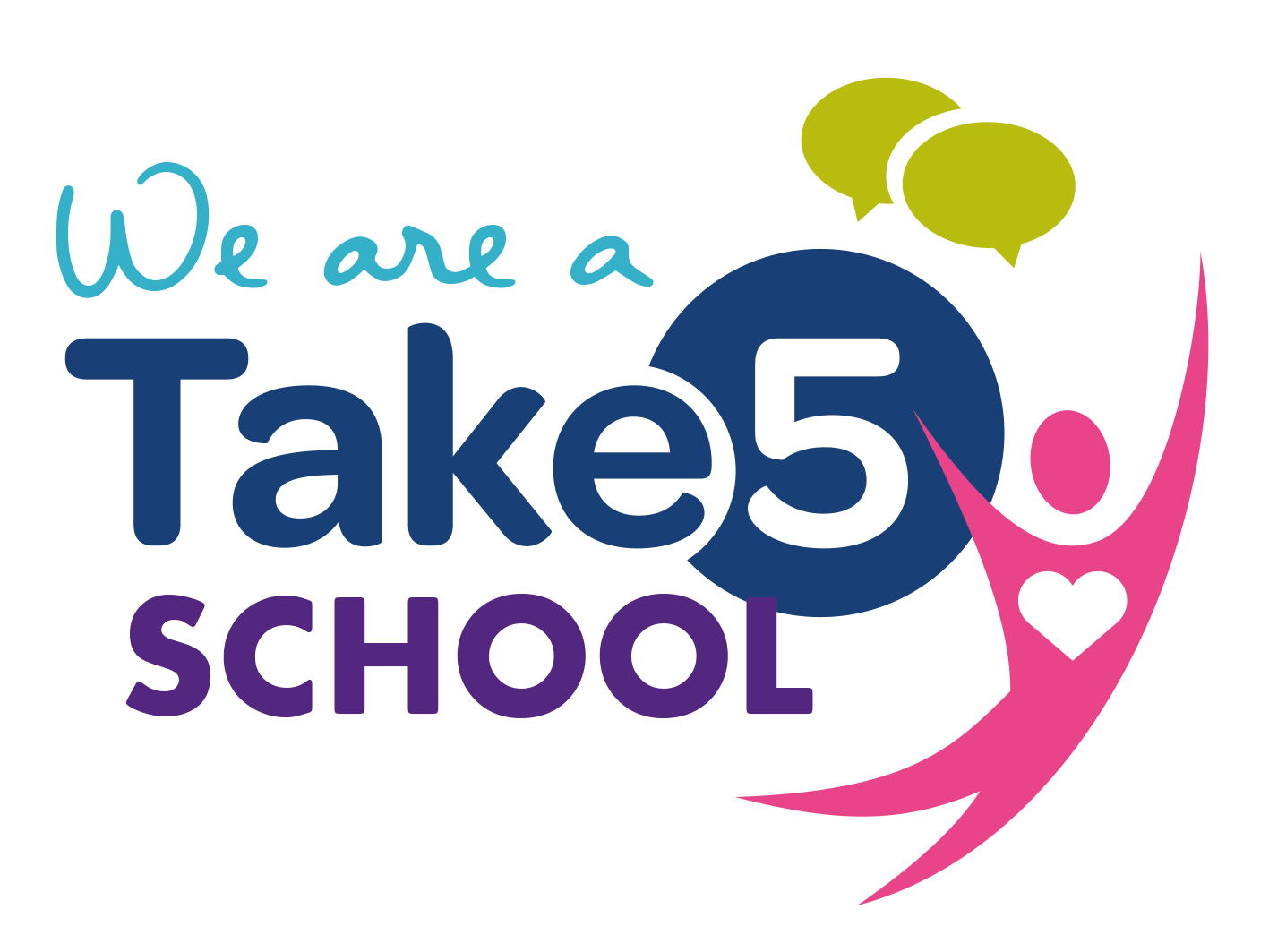E-Safety
Being a responsible learner in St. Mary’s, means being safe and respectful whilst online. You will hear important messages about e-Safety in St. Mary’s. These are the important ways in which you should stay safe and secure online:
1) Don’t post any personal information online – like your address, email address or mobile number.
2) Think carefully before posting pictures or videos of yourself. Once you’ve put a picture of yourself online most people can see it and may be able to download it; it’s not just yours anymore. What goes online, stays online.
3) Treat your passwords like your toothbrush- don’t share them with anyone!
4) Don’t befriend or have conversations with people you don’t know. Remember, not everyone online is who they say they are
5) Don’t meet up with people you’ve met online. Speak to your parent or guardian about people suggesting you do.
6) Respect other people’s views; even if you don’t agree with someone else’s views doesn’t mean you need to be rude.
7) If you see something online that makes you feel uncomfortable, unsafe or worried: leave the website or application and tell the police or a trusted adult. You can ring the police on 101 or for help and advice ring Childline on 0800 1111 or Lifeline on 0808 808 8000.
8) If you receive any inappropriate images or links, it is important that you do not forward these to anyone else. Contact police or tell a trusted adult immediately.
9) Remember that if things do go wrong online, there are people who can help.
General Advice for Parents on e-Safety
We offer the following advice to parents in ensuring your child is kept safe online:
Communication
-
Maintain an open dialogue with your child and encourage them to talk to you about their internet use: for example, who they’re talking to, services and apps they’re using, and any issues they may be experiencing.
-
Cultivate an interest in their online activities – their favourite websites, online games and interests and keep an eye on what they are doing online.
-
Become a ‘net-savvy’ parent - the best safeguard against online dangers is being informed. Become informed of new social media apps and websites that your child may be accessing. You don’t have to be an expert to have a handle on your child’s online world
Conduct
-
Create a family agreement to establish your child's boundaries, and your expectations: for example, where they can use the internet, how much time they can spend online, the sites they can visit and the type of information they can share.
-
Give your child strategies to deal with any online content that they are not comfortable with – such as turning off the screen, telling an adult they trust and using online reporting facilities.
-
Encourage your child to ‘think before you post' and that 'If it is online, it's not private.'
Content
-
Familiarise yourself with the apps and online sites your child is using.
-
Familiarise yourself with the age ratings for games and apps which can help to indicate the level and suitability of the content. Also see if online reviews are available from other parents as these may be helpful.
-
Set up a family email address that your child can use when signing up to new games and websites online.
Control
-
Consider using filtering software to block unwanted content.
-
Make use of the parental controls on your home broadband and any internet-enabled devices, including your child’s mobile phone.
-
If your child is being bullied online, save all available evidence and know where to report the incident, for example to the school, service provider, or the police if the law has been broken.
Useful Websites to Support Parents and Guardians on e-Safety
|
Filtering and Parental Controls
|
Reporting |
|
(For information on social media privacy settings)
(For information on filtering settings from ISPs)
(For advice on controls for Gaming devices and consoles)
(For resources and advice on online use)
ParentKit Application (Excellent app to download to control your child’s iPad and/or iPhones) |
http://www.childnet.com/resources/how-to-make-a-report (Information and advice on reporting an online concern)
http://www.ceop.police.uk/safety-centre/ (Submitting a report)
http://www.vodafone.com/content/parents.html (General guidance on reporting)
|
-
In light of the current climate surrounding COVID-19, the following link provides useful information for online safety: https://www.saferinternet.org.uk/blog/keeping-children-happy-and-safe-online-during-covid-19
-
Go to www.getsafeonline.org for lots of useful advice and information on how to stay safe online.
-
http://www.safeguardingni.org/ will also provide information for parents and carers on e-safety.
-
Links to the other sites that can provide information and advice to young people and parents are available from the DE website at: http://www.deni.gov.uk/index/pupils-and-parents/pupils.htm
The E-Safety Policy of St. Mary’s Grammar School is available on request.









